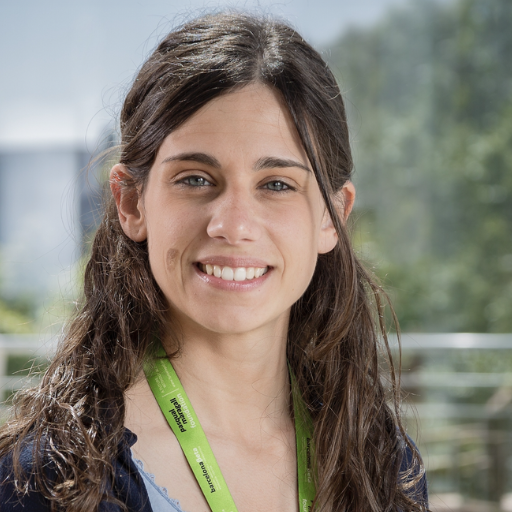Identifying and Targeting Cortical Inhibition Deficits in Agitation/Aggression due to Alzheimer’s Dementia

Principal Investigator
Sanjeev Kumar, MD
Centre for Addiction and Mental Health
Toronto, Ontario, Canada
About the Research Project
Program
Award Type
Standard
Award Amount
$356,836
Active Dates
July 01, 2018 - June 30, 2024
Grant ID
A2018667S
Co-Principal Investigator(s)
Benoit Mulsant, MD, FRCPC, Centre for Addiction and Mental Health
Corinne Fischer, MD, FRCPC, Centre for Addiction and Mental Health
Tarek Rajji, MD, FRCPC, Centre for Addiction and Mental Health
Zafiris Daskalakis, MD, PhD, FRCPC, Centre for Addiction and Mental Health
Reza Zomorrodi, PhD, Centre for Addiction and Mental Health
Daniel Blumberger, MD, FRCPC, Centre for Addiction and Mental Health
Bruce Pollock, MD, PhD, Centre for Addiction and Mental Health
Goals
Agitation and aggression affect majority of patients with dementia related to Alzheimer’s disease (AD). Medications used to treat these symptoms are associated with many side effects. In this study we will use magnetic brain stimulation to understand the mechanisms of agitation in AD dementia, and use a non-invasive brain stimulation technique called transcranial direct current stimulation (tDCS) to treat agitation. If successful, this study will lead to development of a safe and effective treatment for agitation in AD.
Summary
The goal of this project is to understand the mechanisms underlying agitation in Alzheimer’s disease (AD) and to explore a new noninvasive brain stimulation intervention (transcranial direct current stimulation, or tDCS) to treat agitation in patients with AD. We will first compare the state of excitation/inhibition in the frontal parts of the brain (dorsolateral prefrontal cortex) in patients with AD and agitation, patients with AD without agitation, and healthy older adults. This will be done using transcranial magnetic stimulation (TMS) combined with electroencephalography. We anticipate that patients with AD and agitation will have abnormalities of excitation and inhibition in their brains. We will then use a noninvasive brain stimulation technique (tDCS) to correct these abnormalities and treat agitation.
The most innovative aspect of the proposal is that this study will be assessing, for the first time, the state of cortical excitability and inhibition in the brain of patients with AD and agitation using TMS combined with electroencephalography. Once this study is successfully completed, it will help identify biological markers of agitation in AD which will stimulate further research in this field. Further, this proposal is, for the first time, investigating the role of tDCS to correct abnormalities of cortical excitability and inhibition and to treat agitation. If successful, this will lead to larger and more definitive studies of tDCS to treat agitation in AD. Thus it will be an important step towards developing a safe and effective treatment for agitation in AD to improve the quality of life of patients with AD and their caregivers.
Related Grants
Alzheimer's Disease Research
Identifying New Memory and Brain Markers for Early Alzheimer's Disease
Active Dates
July 01, 2024 - June 30, 2026

Principal Investigator
Helena Gellersen, PhD
Current Organization
German Center for Neurodegenerative Diseases
Alzheimer's Disease Research
Staging Alzheimer's Disease Using Blood Samples
Active Dates
July 01, 2024 - June 30, 2026

Principal Investigator
Gemma Salvadó, PhD
Current Organization
Lund University
Alzheimer's Disease Research
Shining a Light on How Early Tau-Related Brain Changes Affect Memory Loss
Active Dates
July 01, 2024 - June 30, 2026

Principal Investigator
Martin Dahl, PhD
Current Organization
Max Planck Institute for Human Development (Germany)



